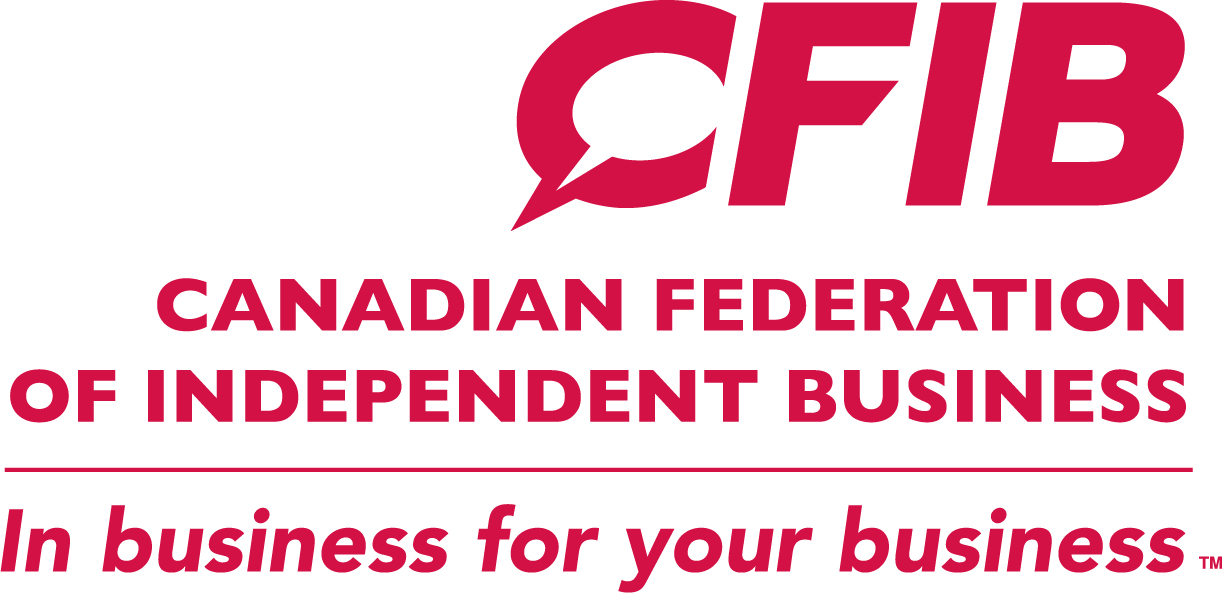It's time to end provincial health/education payroll taxes and halt increases of federal payroll taxes
TORONTO, Aug. 28, 2019 /CNW/ - Payroll taxes are taking a big bite out of employers' and employees' earnings and it is about to get even bigger, says the Canadian Federation of Independent Business (CFIB). This burden is so severe that 77 per cent of small business owners say that payroll taxes are the form of taxation that most severely impedes their growth.
"Payroll taxes are one of the most detrimental forms of taxation for small firms, because they impose a heavy administrative burden and are not scaled up or down depending on how profitable a business is," said Simon Gaudreault, CFIB's senior director of national research. "With CPP and QPP set to increase by at least 20 per cent over the next seven years, payroll taxes will be taking an even bigger chunk out of salaries and profit margins, putting small firms' ability to grow, hire new staff and compete at risk."
Depending on where their business is located, an employer faces between three and seven different payroll taxes, including CPP/QPP, EI and Workers' Compensation. In Ontario, an employer pays $5,114 in payroll taxes for a $50,000 salary, bringing their total costs to $55,114. The employee pays $3,182 in payroll taxes, leaving them with a net income of $46,818. In Quebec, which has the highest number of payroll taxes, an employer has to pay $56,488 for a $50,000 salary, but the employee only takes home $46,531 (before income taxes), after their $3,469 share of payroll taxes is deducted.
"Governments need to move away from payroll taxes if they want to avoid suffocating small businesses and the labour market," added Marvin Cruz, Senior Research Analyst at CFIB. "In the short term, employers usually try to offset their payroll tax costs by raising prices or cutting back on hiring. In the long run, however, payroll taxes lead to lower wages for employees, which in turn reduces their purchasing power."
In its latest report, Taxing Payroll: A Barrier to Business Growth and Competitiveness, CFIB is asking all provincial governments to eliminate provincial health and/or education payroll taxes within the next 10 years. In the meantime, governments should introduce an exemption threshold or raise the existing one to at least $2.5 million in total annual payroll and index it to inflation in order to help small firms stay profitable. In addition, CFIB recommends that federal and provincial governments exempt senior employees (over 65) and young workers (under 18) from payroll taxes.
Recommendations for the 2019 federal election
As policy makers gear up for the upcoming federal election, CFIB is asking all parties to address the payroll tax burden by committing to:
- Halting or slowing down additional CPP increases after 2019
- Implementing an EI credit which effectively lowers the rate for small businesses
- Introducing an EI holiday for hiring youth aged 15 to 24
"At a minimum, governments and their agencies need to be more accountable for the cumulative burden of the different payroll taxes they impose on employers in their jurisdictions," added Gaudreault. "Betting heavily on this form of taxation is simply not sustainable in the long run."
About CFIB
The Canadian Federation of Independent Business (CFIB) is Canada's largest association of small and medium-sized businesses with 110,000 members across every industry and region. CFIB is dedicated to increasing business owners' chances of success by driving policy change at all levels of government, providing expert advice and tools, and negotiating exclusive savings. Learn more at cfib.ca.
SOURCE Canadian Federation of Independent Business

For media enquiries or interviews, please contact: Dominique Des Rosiers, CFIB, 647-464-2814, [email protected]

Share this article